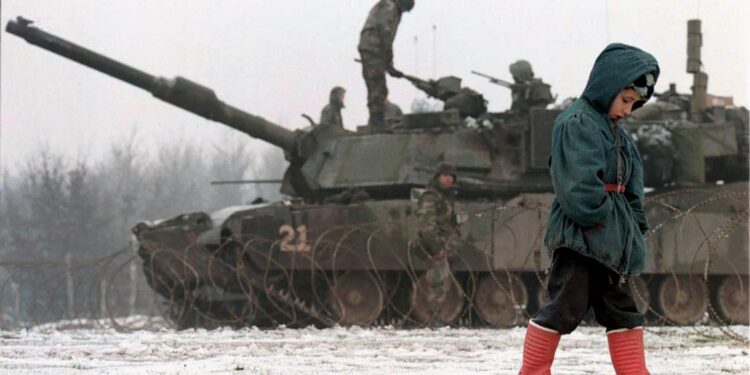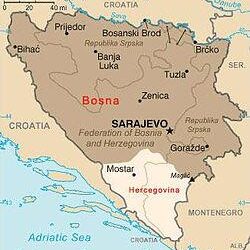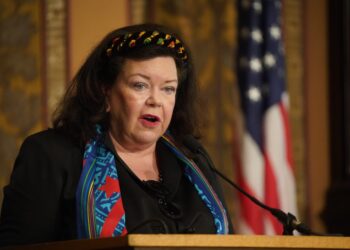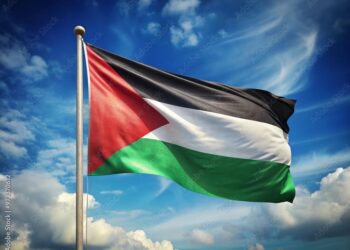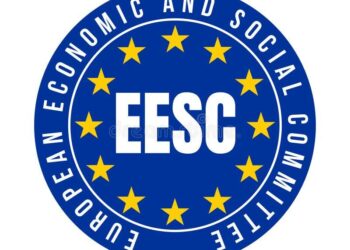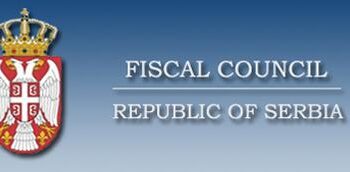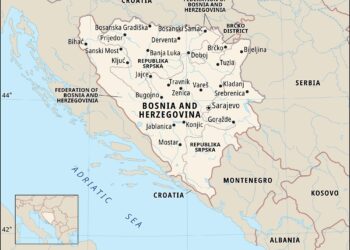Understanding the Bosnian War: A Comprehensive Overview by Britannica
The Bosnian War, a brutal conflict that erupted in the early 1990s, fundamentally altered the landscape of the Balkans and left deep scars on the collective memory of its people. Marked by ethnic strife, horrific violence, and meaningful geopolitical implications, this war not only drew the attention of the international community but also served as a grim reminder of the fragility of peace in a region still grappling with its complex history. In this article, we delve into the comprehensive insights provided by Britannica, offering an in-depth examination of the causes, key events, and lasting repercussions of the Bosnian War, illuminating the narratives of those who lived through the turmoil and highlighting lessons that continue to resonate today.
Understanding the Complex Causes of the Bosnian War
The Bosnian War, which raged from 1992 to 1995, was precipitated by a confluence of factors that intertwined historical grievances, ethnic tensions, and the geopolitical landscape of the Balkans. The disintegration of Yugoslavia marked a significant turning point,as nationalist sentiments surged among the region’s diverse ethnic groups—primarily Bosniaks,Serbs,and Croats. This fragmentation was not merely a product of modern politics; it was deeply rooted in historical animosities and ideologies fostered over decades. A climate of suspicion and fear solidified divisions as competing narratives emerged regarding ethnic identity and territorial claims.
Among the most critical elements contributing to the conflict were political manipulation, economic hardship, and influential external actors. The rise of nationalist leaders, such as Slobodan Milošević in Serbia, added fuel to the fire, exacerbating existing ethnic divisions. Key causes included:
- Decentralization of power and demands for autonomy among various ethnic groups.
- Economic disparity exacerbated by the collapse of communism and subsequent privatization efforts.
- The role of foreign powers, including the EU and NATO, which influenced the dynamics of the conflict through both support and intervention.
| Causes | Description |
|---|---|
| Ethnic Nationalism | Growing nationalist movements among Bosniaks, Serbs, and Croats. |
| Historical Grievances | Long-standing animosities stemming from World War II and earlier conflicts. |
| Political Turmoil | Collapse of Yugoslavia leading to power vacuums and splintering of alliances. |
The Human Impact and Lasting Consequences of Conflict
The Bosnian War, which raged from 1992 to 1995, left deep scars on the landscape of the Balkans and significantly altered the lives of countless individuals. As ethnic tensions fused with territorial ambitions, the war resulted in widespread displacement, loss of life, and systematic violence. The conflict gave rise to a staggering humanitarian crisis, with over 1.8 million people displaced and over 100,000 lives claimed. The psychological toll persists, as survivors grapple with trauma, loss, and the challenges of reintegration into a society fractured along ethnic lines.The war’s aftermath saw the establishment of the International Criminal Tribunal for the former Yugoslavia (ICTY), which sought to address war crimes and offer a semblance of justice for the victims.
In addition to immediate humanitarian concerns, the longer-term effects of the bosnian War can be observed in various aspects of life in Bosnia and Herzegovina today. Rebuilding efforts have been hampered by lingering ethnic divisions and political instability, complicating the path to recovery. Key consequences include:
- Economic Decline: The war decimated infrastructure, leading to economic hardship that persists.
- Social Fragmentation: Ethnic segregation in schools and neighborhoods hampers unity and cooperation.
- Legacy of Violence: Ideologies rooted in nationalism continue to fuel division.
Moreover, the nature of memory and commemoration has created a complex tapestry of identity, as communities navigate the duality of remembering atrocities while striving for reconciliation. The situation underscores the vital need for ongoing support and international engagement, aimed at fostering a lasting peace that can heal old wounds and promote mutual understanding.
Lessons Learned: Moving Towards Reconciliation and Peace in Bosnia
The journey towards reconciliation and enduring peace in Bosnia has been marked by both challenges and achievements. Engaging in dialog among ethnic communities has proven essential, fostering understanding and addressing historical grievances. Initiatives aimed at cultural exchange have facilitated interactions that challenge stereotypes and promote mutual respect. Programs focusing on youth engagement are particularly crucial, as they lay the groundwork for a future generation that values collaboration over conflict.Efforts by local NGOs and international organizations continue to support these dialogues, showing that sustained commitment is necesary to heal deep-seated wounds.
Moreover, a critical lesson learned is the importance of government accountability and transparency in the reconciliation process. Establishing a framework that promotes justice for war crimes and recognizes victims’ rights remains paramount. The growth of educational reforms that accurately reflect the multifaceted narratives of the war can play a significant role in shaping a shared national identity. By addressing these key areas, Bosnia can not only confront its past but also build a resilient society that prioritizes peace and justice for all its citizens.
to Wrap It Up
the Bosnian War remains a pivotal chapter in the fabric of 20th-century history, symbolizing the complex interplay of ethnic tensions, geopolitical struggles, and the quest for national identity. As highlighted in the comprehensive coverage by Britannica,the conflict not only reshaped the borders of the Balkans but also left an indelible mark on the collective memories of its peoples. With its legacy still echoing through contemporary politics and society, the lessons learned from this tragic period serve as a reminder of the importance of dialogue, reconciliation, and understanding in a world frequently enough fractured by division. As we reflect on the events that transpired, the hope for a peaceful and united future in bosnia and Herzegovina endures, challenging all nations to strive for harmony in the face of adversity.


